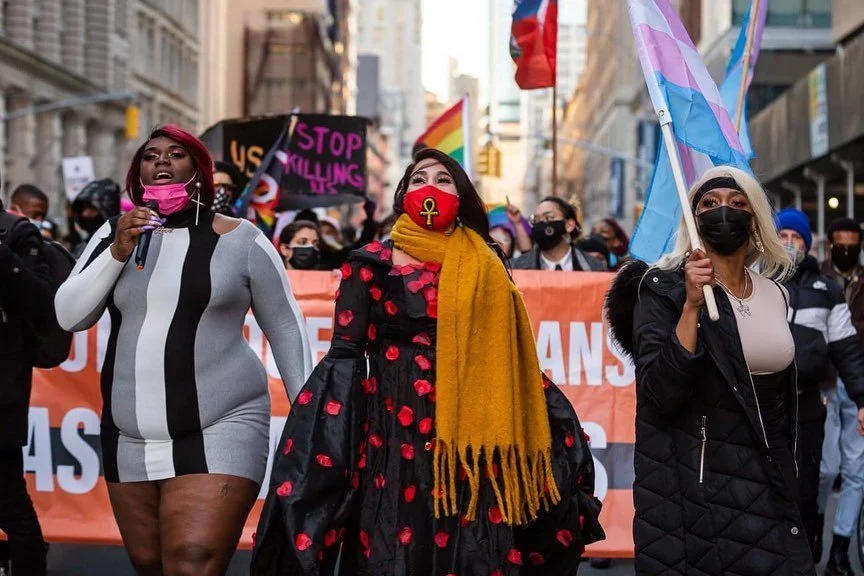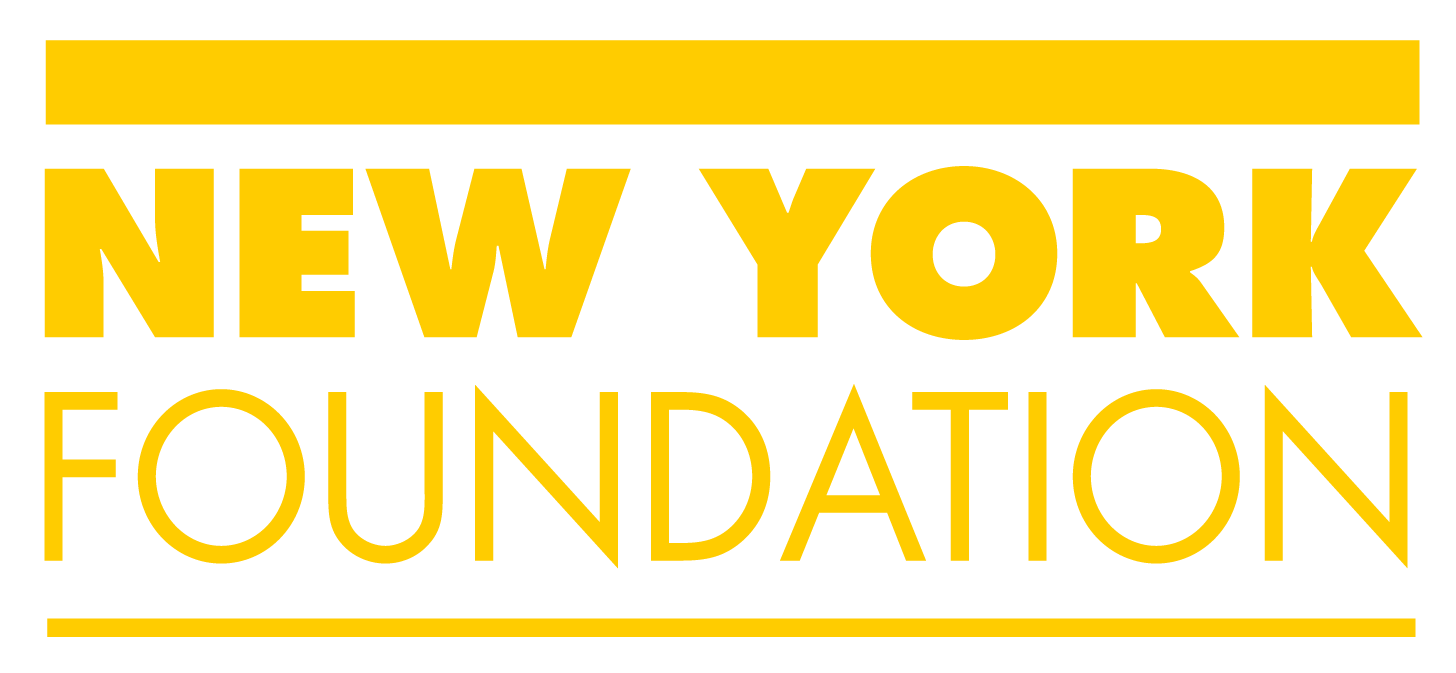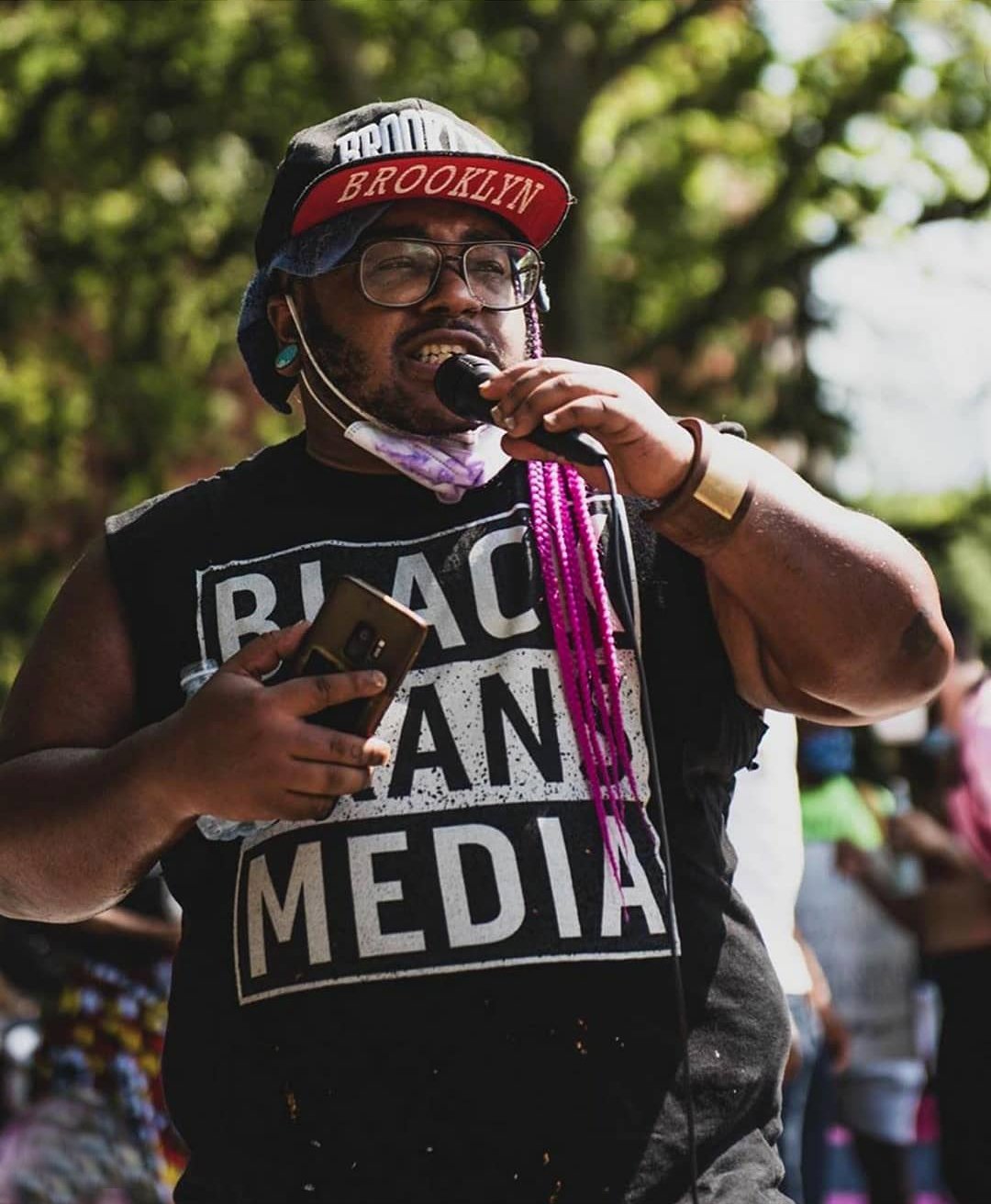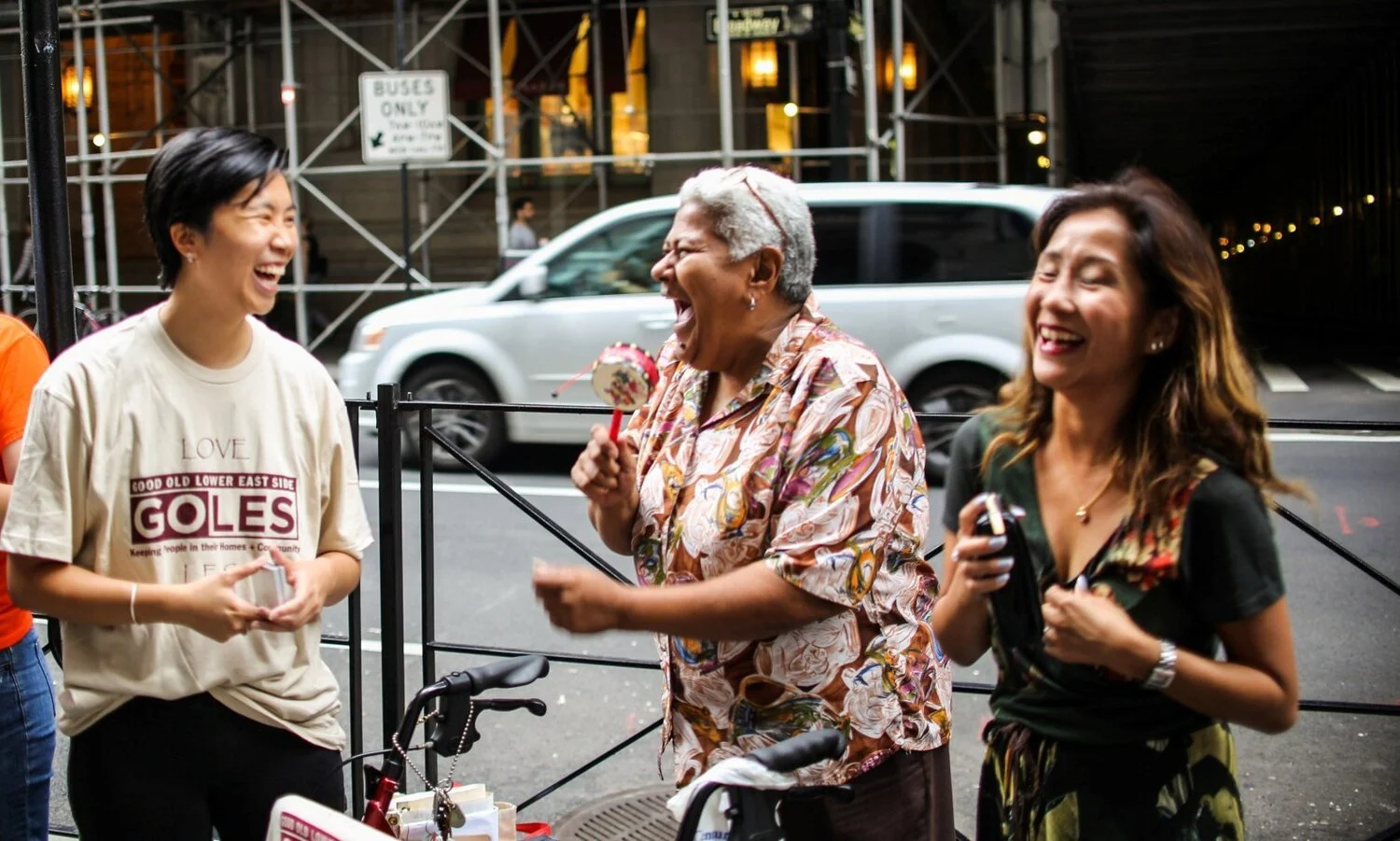
Apply for a Grant
Eligibility Criteria | Priorities | Application Assistance | Decision Making Process
Queer Detainee Empowerment Project
New York Foundation Core Grants are $47,500 per year, up to 3 years for established groups and 5 years for emerging groups.
In 2025 NYF will have only 1 grant cycle, with applications due March 3.
If a deadline falls on a weekend, the due date will be the following Monday.
In addition to funds, grants include access to capacity building resources:
Lawyers Alliance for New York: Probono legal services tailored to social change nonprofits
Tides Advocacy: 501(c)(4) startup and strategizing
Small Grants: Responsive grants up to $5,000 for organizational development goals and unanticipated needs
Workshops: Monthly skills-building trainings combined with coaching
Eligibility Criteria
In order to be eligible for funding from the New York Foundation, your organization must:
Be based in NYC
Be a 501(c)(3) organization or fiscally sponsored by a 501(c)(3) organization
Use community organizing & grassroots advocacy as primary strategies to address the root causes of oppression
Community organizing: We define community organizing as community-initiated and -led mobilization that builds power for progressive social and systemic change. Organizing groups are accountable to their community and help to hold public officials accountable. Organizing strives to create the conditions that allow people to choose how to live their lives with dignity and with the support and resources to thrive.
Grassroots advocacy: We define grassroots advocacy as a strategy carried out by those directly affected that rallies public action to create equitable policies.
What we look for:
Community-initiated and led: community, membership, or base identifies problems and solutions
Power building: intentionally build community power through political activation, leadership development, base building, and collective action
Systemic change: address the root causes of oppression to ensure the equitable distribution of resources, power, and rights
Racial justice: address the harms caused by systemic and historical racism; creates intentional systems to support and sustain racial equity
Collaborative: build alignment through coalition work with allies that have similar goals and values
Ineligible for funding:
Direct services
Individuals
Capital campaigns
Research studies
Films, publications, documentaries
Schools, universities, museums, arts institutions
Conferences, events, galas
Requests outside the United States
Requests from organizations based outside New York City
Priorities
We prioritize groups that:
Black Trans Media
Are led by:
Black people, Indigenous people, and people of color
Trans and gender-nonconforming, and nonbinary people
Trans and cis women
Caribbean Equality Project
Proactively center racial, economic, and gender justice
Los Deliveristas Unidos
Are emerging or newly formed organizations, especially those with limited access to institutional funding
Good Old Lower East Side
Work with overlooked and under resourced constituencies or neighborhoods, or on critical social justice issues that have not yet received public attention
Application Assistance
Decision Making Process
Please note that the application process is competitive. We receive hundreds of requests each cycle and typically are only able to make around 5 new grants each cycle due to our commitment to renewal grants.
In 2025 we will have one grant cycle, with applications due on March 3rd.
1
All applicants receive a response within 2 weeks after the deadline. A limited number of applicants that fit our criteria and priorities will be asked for further information.
2
Program staff schedule site visits and request additional materials to learn more about the work. All site visits are currently virtual.
3
From those selected for site visits, program staff recommends a limited number of organizations to our Board of Trustees. The Board meets in June for our March 1st deadline. Grantees are notified after the board meeting.
If you are not recommended for a grant, you will receive a small honorarium for the site visit.
4








